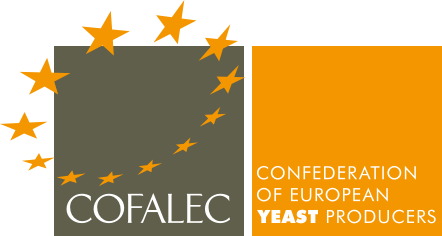The article below is a reminder that yeast, particularly Saccharomyces cerevisiae, has been fundamental in food production for thousands of years, especially in baking, brewing, and winemaking. Its role in fermentation not only enhances flavour and texture but also contributes to the preservation and nutritional value of various food products.
Historically, yeast’s significance is evident; archaeological findings suggest its use dates back millennia. The domestication of yeast likely began with ancient civilizations, using it for bread and fermenting beverages. In the 19th century, Louis Pasteur’s research elucidated yeast’s role in fermentation, distinguishing between aerobic growth and anaerobic fermentation processes.
Understanding yeast’s biological characteristics, such as its unicellular fungal nature and budding reproduction method, has been pivotal in various scientific advancements. This knowledge has not only deepened our comprehension of microbiology but also led to innovations in food technology and medicine, underscoring yeast’s enduring impact on human culture and industry.
